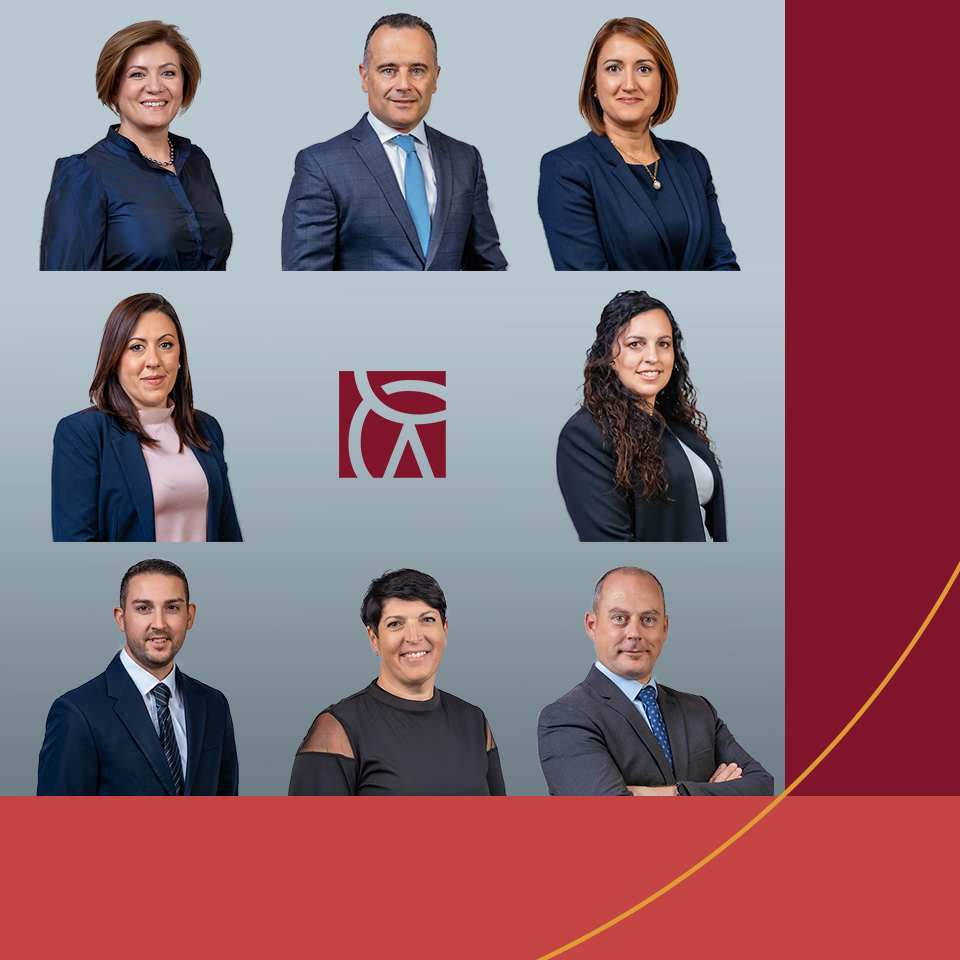Financial Services in Malta
Malta is the smallest EU member state with a population of approximately half a million and a total land area of just over 300 square kilometers. Yet, in spite of these limitations, Malta is today a well-recognized and highly competitive centre for international financial services. Working hand in hand with industry, a succession of governments have positioned the archipelago as a leading domicile for a variety of sophisticated financial businesses, incentivizing investment, educating the local population and creating a sound regulatory infrastructure. Thus the jurisdiction now plays host to a variety of financial businesses, including:
- Investment advisors
- Fund Managers
- UCITS funds and hedge funds
- Captive Insurance businesses
- Insurance managers
- Forex brokers and market makers
- Commodity, equity and forex traders
Malta's emergence as a reputable domicile for financial services is due primarily to two factors, namely EU membership and the jurisdiction's emphasis on sound regulation.
Malta: A Gateway to Europe for Financial Services
As noted above, Malta's EU membership has underpinned its growth in the sector. Thanks to the various financial services directives, businesses which are authorised in Malta are able to gain free access to the European market. An investment advisor established in Malta, for example, can use a Maltese authorisation to 'passport' its services throughout the EU, as well as to set up branches in other EU countries. This generates very important financial and procedural efficiencies.
MFSA: Promoting Business, Safeguarding Investors
The other key factor in Malta's emergence has been the solid regulatory infrastructure implemented and overseen by the jurisdiction's single regulator for financial services, the Malta Financial Services Authority (MFSA). The MFSA is often characterized as firm but flexible. Being flexible doesn't mean compromising on the quality of regulation; Malta's regulation reflects the highest EU standards and transposes directives such as MiFID and the Prospectus Directive. Flexibility means that the regulator will openly discuss innovative proposals and will seek to implement rules in a reasonable manner. Face to face meetings are frequent and can be arranged at short notice, and no idea is refused without being given a fair hearing.
A Leading European Domicile
In addition to sound regulation and access to the EU, Malta also offers local businesses a number of other advantages, such as: an english speaking workforce, quick regulatory turn-around times, simple company formation procedures, low cost base, attractive tax rates and a mild Mediterranean climate. This makes the jurisdiction an ideal location to set up a new financial services business.





















